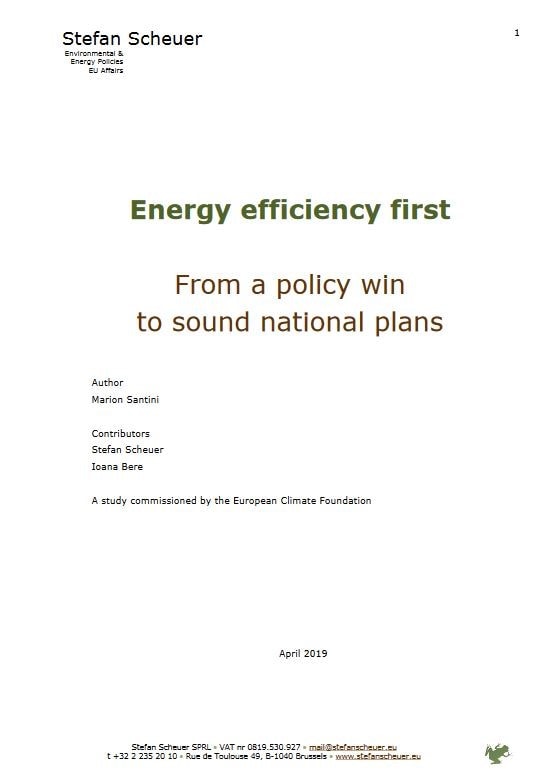Time to scrutinize and amend deficient Brexit environment legislation
https://www.stefanscheuer.eu/wp-content/themes/osmosis/images/empty/thumbnail.jpg 150 150 Almut Bonhage Almut Bonhage https://secure.gravatar.com/avatar/a3d1000d4d9fc174801655823d6ddab4?s=96&d=mm&r=gUnder no-deal pressures the UK government has been in a hurry to complete the copy across of the EU’s acquis and has already laid 515 Statutory Instruments, a quarter of them coming from Defra.
Greener Alliance argue that as NGOs have only analyzed a small part of the laws, the Brexit delay now brings an opportunity to further scrutinize the Government’s legislative work and possibly push for amendments where required.
According to Green Alliance, the fast passage process of legislation has diminished stakeholder involvement and parliamentary debate. It has also resulted in mistakes which will have important consequences on environmental protection. Defra did put in place a mechanism for advance viewing of legislation and for gathering ideas and advice, but this apparently came too late in the process to have meaningful impact and address deficiencies.
For example, the UK replica of the chemicals safety legislation REACH, had to be amended after complaints from industry arose concerning transitional arrangements to avoid supply chain disruptions. Further, environmental NGOs have pointed to greater deficiencies, which are believed to lower protection levels (by deviating from the REACH governance system on stakeholder engagement and commitment to future outcomes).
Green Alliance article
REACH etc. (Amendment etc.) (EU Exit) (No. 2) Regulations 2019




